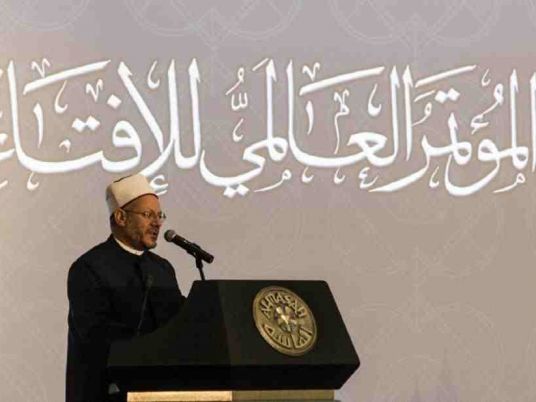
Top Muslim clerics gathered in Egypt on Monday to address extremist religious edicts in the face of an unprecedented threat from Islamic State group jihadists who have declared a "caliphate".
The muftis — usually the official interpreters of Islam in their countries — are meeting alongside other clerics over two days in Cairo to cope with what the clerics described as a rash of extremist fatwas, or edicts.
"You do not need to be reminded that leniency (in dealing) with fatwas that ex-communicate" Muslims has resulted in "murder and bloodshed," Ahmed al-Tayyeb, the head of the prestigious Cairo-based Islamic Al-Azhar institution, told the conference.
But it was not immediately clear how effective the clerics' proposal to realistically address the problem would be, especially in the age of the Internet where many Muslims consult religious websites.
And for the first time in Islamic history, the entire corpus of Islamic scholarship is available online, a Google search away for those seeking a quick answer to a religious query.
The dilemma has particularly been highlighted by the Islamic State group's atrocities in Syria, Iraq and other countries where they have a presence.
In February, the jihadists announced they had immolated a captured Jordanian pilot, Maaz al-Kassasbeh, prompting an outcry among Muslims.
IS supporters circulated, among other justifications, a collation of classical fatwas taken from the website of a major Saudi university in support of such execution-style killings.
"The goal of this conference is to unite the message of muftis in light of the challenges faced by the region and world in the shape of extremist fatwas and groups that talk in the name of religion," Ibrahim Negm, an adviser to Egypt's mufti, told AFP.
Negm said the conference could decide to form a general secretariat for the region's muftis, centres to monitor and rebut extremist fatwas and training for aspiring muftis.
The clerics also aimed at "creating a new strategy for Muslim communities in the West to confront extremist thought," he said.
The Islamic State group, which follows a strict interpretation of the Salafi sect in Sunni Islam, had added to the challenge of traditional Muslim authorities such as Al-Azhar.
